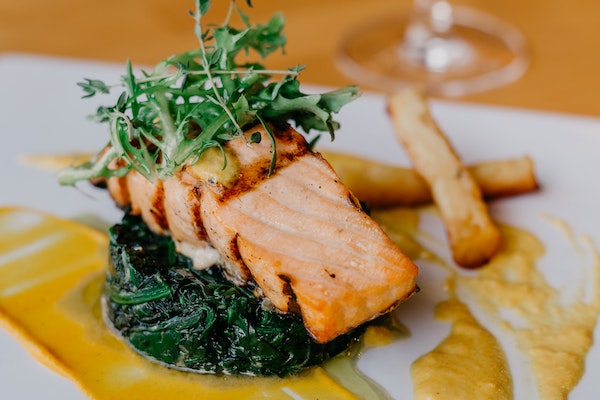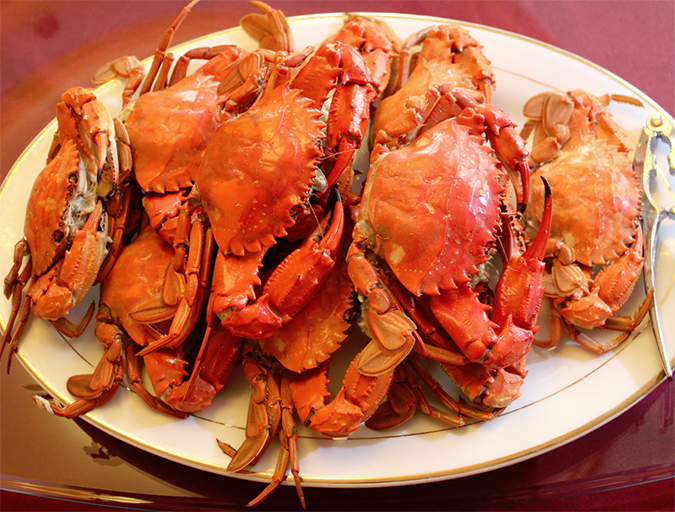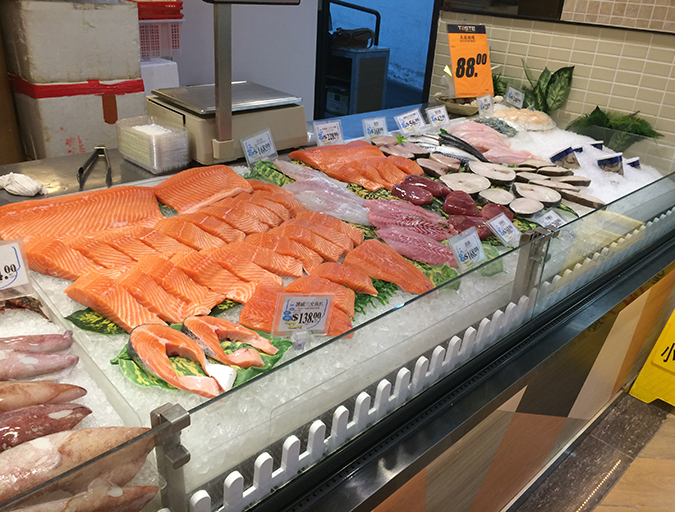Guidelines advise eating more fish and plant-based foods while cutting down on red meat to achieve healthy, climate-friendly diet

For the first time, the Nordic Nutrition Recommendations (NNR) have been updated to contain scientific recommendations for a diet that is “not only good for our health but also for the environment.” This sixth edition favors an increasingly plant-based diet, eating more fish and cutting down on red meat.
“The report provides a scientific basis that demonstrates that a healthy diet is usually also sustainable,” said Rune Blomhoff, project leader for the NNR and professor at the University of Oslo. “Several great synergies can be forged between health and the environment in the necessary transition of our food consumption.
The report recommends a predominantly plant-based diet that is rich in vegetables, fruits, berries, pulses, potatoes and whole grains. In addition, the report recommends a high intake of fish and nuts, a moderate intake of low-fat dairy products, a limited intake of red meat and poultry and a minimal intake of processed meats, alcohol and refined foods rich in fat, salt and sugar.
A higher intake of fish from sustainably managed stocks is recommended due to health effects and environmental impacts. It’s recommended to have an intake of 300 to 450 grams per week of fish, of which at least 200 grams per week should be fatty fish.
This is the largest update in the 40-year history of the report and involved input from hundreds of Nordic and international researchers. Over four years, the health effects of 36 nutrients and 15 food groups were studied.
The NNR summarizes today’s most comprehensive scientific knowledge on what constitutes good food both for health and for the planet. The recommendations are based on the best available research knowledge on food intake, health and the environment, showing that in most cases, healthy food is also good for the environment.
Tedros Adhanom Ghebreyesus, director general of the World Health Organization WHO, praised the new edition of the NNR for demonstrating “a powerful link between healthy people and a healthy planet.”
Follow the Advocate on Twitter @GSA_Advocate
Now that you've reached the end of the article ...
… please consider supporting GSA’s mission to advance responsible seafood practices through education, advocacy and third-party assurances. The Advocate aims to document the evolution of responsible seafood practices and share the expansive knowledge of our vast network of contributors.
By becoming a Global Seafood Alliance member, you’re ensuring that all of the pre-competitive work we do through member benefits, resources and events can continue. Individual membership costs just $50 a year.
Not a GSA member? Join us.
Author
-
Responsible Seafood Advocate
[103,114,111,46,100,111,111,102,97,101,115,108,97,98,111,108,103,64,114,111,116,105,100,101]
Related Posts

Intelligence
U.S. consumers not achieving seafood guidelines
Research found that 80 to 90 percent of U.S. consumers did not meet federal dietary seafood recommendations and that seafood consumption varies significantly among socio-demographic groups.

Intelligence
Doctors: Place a greater value on seafood consumption
Many important organizations around the world fail to acknowledge the importance of seafood to human health and well-being. There is a disconnect between what we know regarding the benefits of seafood and what is being done to acknowledge these benefits and increase seafood consumption in nutrition.

Intelligence
Healthy populations wanted: U.S. guidelines get it right
The 2015 "Dietary Guidelines for Americans" suggest eating at least 8 ounces of seafood per week, and advise pregnant and breastfeeding women to eat 8-12 ounces weekly. It's about time.

Intelligence
New normal in global nutrition?
The latest Global Nutrition Report indicates serious levels of both malnutrition and adult overweight and obesity. It is a major challenge, particularly among women and children. Seafood, including from aquaculture, can play a significant role in helping address this issue.



